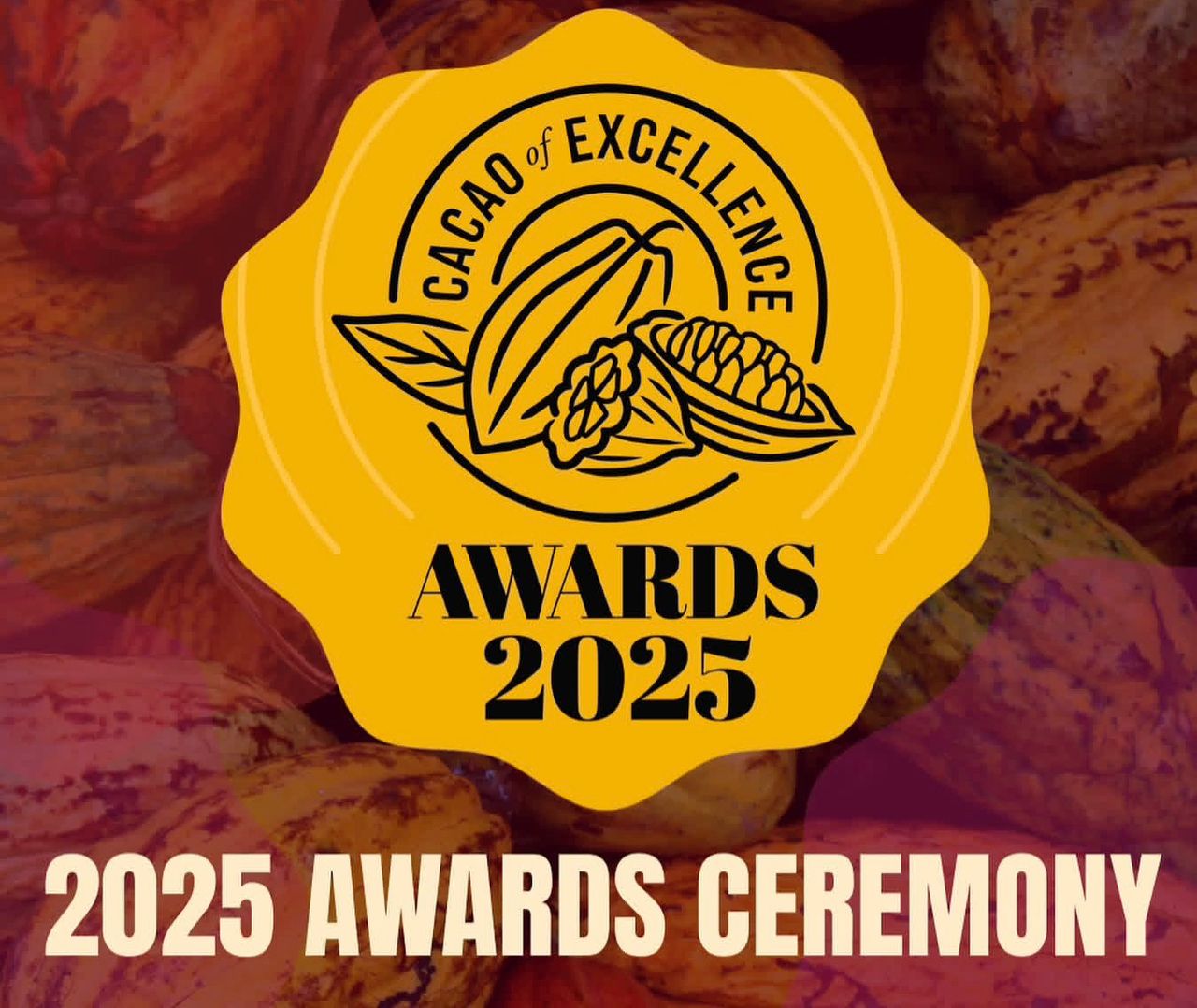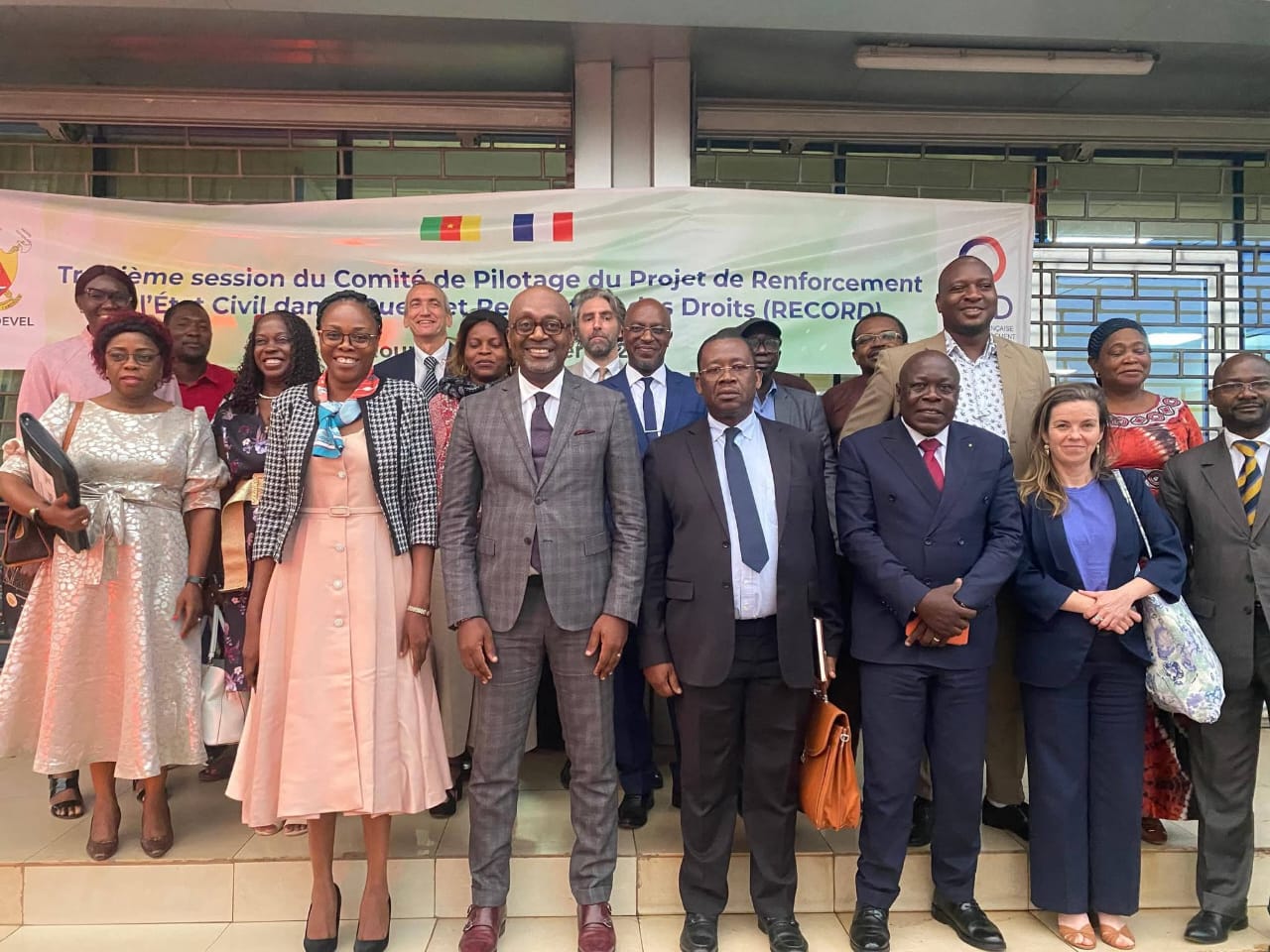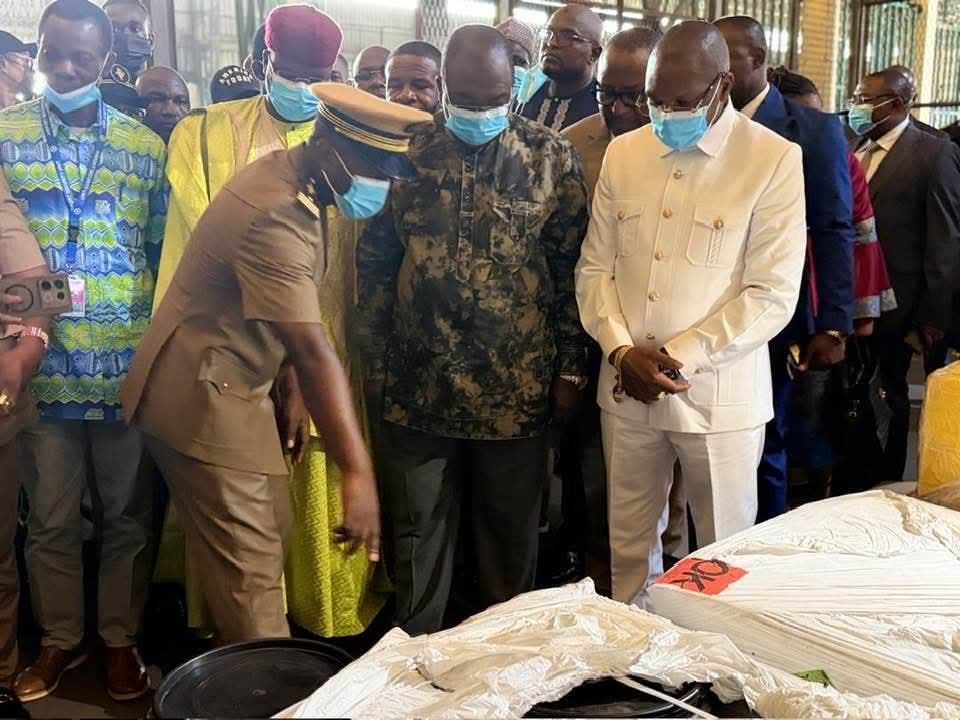The Regional Workshop on placing women at centre of transition to a Green Economy in West Africa has ended in Senegal.The workshop, jointly organised by the ECOWAS Gender and Development Centre (EGDC) and the UN Women Regional Office for West and Central Africa, held from 6 to 8 February 2023 in Saly, Republic of Senegal, was aimed at engaging ECOWAS Member States in a policy dialogue on Focus Area 2 of the Roadmap for the implementation of the ECOWAS Disaster Risk Reduction Gender Strategy and Action Plan.
About 40 policy makers from ECOWAS Regional Institutions and Member States have been invited to this important technical workshop organised by the EGDC and UN WOMEN to discuss the place of women and girls in the transition to a green economy in West Africa. They include representatives from the Ministries of ECOWAS Member States in charge of Gender and Women, Environment, Economy/Finance/Planning, Entrepreneurship and Labour, the ECOWAS Commission, its Institutions and Agencies, UN Women, Regional and International Institutions and Civil Society Organisations.
Several topics will be discussed during this 3-day workshop. They include presentation of the ECOWAS Action Plan and mapping of green jobs for women in Africa; green financing for a gender-responsive green transition; presentation of best practices and sharing of experiences on mainstreaming gender issues in strategies, programmes and policies for the transition to a green economy; and gender and ecological transition in national policies.
At the end of the regional workshop, Member States will have to take ownership of the ECOWAS Action Plan on Gender and Climate Change, particularly Focus Area 2 which highlights the place of women at the centre of the transition to a green economy in Africa; identify national strategies to promote women’s participation in the Green Economy and finally develop a project plan and fundraising strategy in support of the implementation of national and regional policies.
Officially launched on Monday, February 6, 2023 by the Representative of the Minister of Women, Family and Children Affairs of the Republic of Senegal, the technical workshop was attended by Professor Fatou Sow Sarr, ECOWAS Commissioner for Human Development and Social Affairs, and the Representative of the Acting Regional Director of UN Women.
In her address on behalf of the Regional Director of UN WOMEN, Mrs. Elena Ruiz Abril, Senior Regional Policy Adviser for Women’s Economic Empowerment, recalled that the workshop was part of a series of activities carried out by UN Women and ECOWAS to promote gender equality and women’s empowerment within the framework of the transition to a green economy in West Africa, as a follow-up to CSW66.
“Women and girls in West Africa already play a major role in the transition to a green economy through their role in key sectors such as agriculture, forestry, energy, solid waste management and ecotourism. However, the findings of a study by UN Women and the African Development Bank show that women are not well represented in sectors such as energy, infrastructure and transport, where most green jobs or better green jobs will be created,” said Mrs. Abril.
In her speech, Professor Fatou Sow Sarr, ECOWAS Commissioner for Human Development and Social Affairs, after highlighting the efforts made by the ECOWAS Commission in the area of gender and climate change, added that the challenges, however, remained enormous.
According to her, there is a need to carry out sectoral analyses on possible green job opportunities for women in order to inform decision-makers on the appropriate gender-responsive approach to be considered in policies and to ensure a successful transition to green jobs while maintaining high added value and profitable levels for women.
“We must also address harmful social norms and practices that limit women’s access to land, finance, technology and certain tasks and jobs in green job sectors and attach some economic value and reward to women’s unpaid work to accelerate the transition to a green economy,” she added.
According to the statement by the ECOWAS Commission, before proceeding to officially launch the workshop’s activities on behalf of Honourable Dr. Fatou Diane Gueye, Minister of Women, Family and Children Affairs of the Republic of Senegal, Mrs. Astou Diouf Gueye, National Director for Gender Equity and Equality, stated in her speech that there is an urgent need for the ECOWAS region to step up community initiatives by consolidating individual efforts of Member States, but more importantly, to redesign a collective model for a successful transition to a green economy in West Africa.
She added that “It would also be interesting to build on women’s indigenous skills while strengthening their resilience, their access to and control of productive and technological resources for sustainable land management and climate information”.




